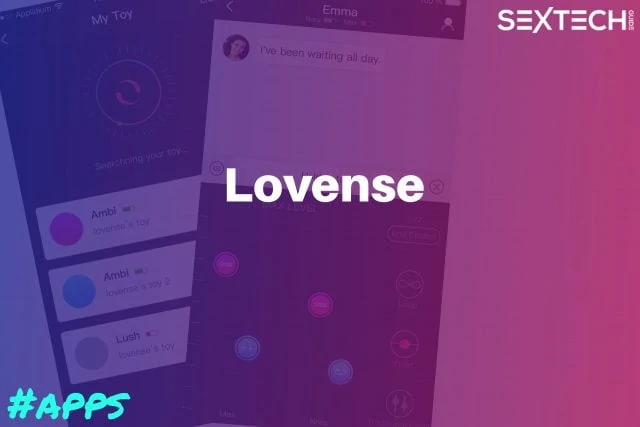“Romance scammers” conning victims out of thousands of dollars via dating profiles can be detected using artificial intelligence, according to new research.
An AI-based system was used to analyse real dating data, including profile info, messages and images, in order to differentiate them from fake accounts.
The framework could detect scammers and fake accounts in 93% of 15,000 cases from the site Dating ’N More, according to a report written by computer scientists from the US, UK and Australia.
Unlike other dating sites, Dating ‘N More screens its members to identify scammers, which are then listed openly to warn the public and anyone who might be approached by them. This is why it was chosen as the data source for the project.
Online romance scams are prevalent in many Western countries, with cybercriminals using social networking sites or similar online platforms to pose as potential partners to target their victims. Often, the scammer will engage in a long-term fictitious relationship to gain their victim’s trust and ask for a large sum of money. In lots of cases, the actual scam takes place weeks or even months after the initial contact, when communication has moved on to unmonitored media, meaning scammers – and their tactics – can be hard to track down and identify.
Last year, Americans lost $143m to online romance scams, according to the Federal Trade Commission. Of all scams reported, romance fraud costs its victims the most. On an individual level, Internet Crime Complaint (IC3) data showed that an average of $14,000 was lost per reported incident of online dating fraud.
Some dating sites are known to use static information such as blacklists of IP addresses or proxies to identify alleged scammers, but these can be easily evaded through low-cost proxy services.
The researchers said: “Dealing with online dating fraud is challenging, mainly because such scams are not usually run in large-scale campaigns, nor are they generated automatically. As a result, they cannot be identified by the similarity-detection methods used for spam filtering. Dating websites are designed for connecting strangers and meeting new people, which renders the concept of unsolicited messages – a key element of most state-of-the-art antispam systems -strategically useless.”
‘Caring, passionate, loving’
The state-of-the-art text and image processing system found that online scammers most often present themselves as white, which is also the most targeted ethnicity of online romance fraud. The second most popular ethnicity on fake profiles is Native American, which is interestingly a very small population among the real data. This is perhaps related to the fact that dating scams are often targeted at a US-based population.
According to the data, scammers also prefer to present themselves as widowed rather than any of the other categories. According to the researchers, this is unsurprising, as female scam victims often talk about such a trait being a successful strategy to gain their sympathy and trust.
The most popular occupation for male scammers was to say they worked in the military. In line with real dating profiles, 60 percent of the fake profiles presented as men, although as scammers don’t intend to ever meet their match in real life (unlike legitimate users), there’s no way to tell exactly who’s behind the profile.
However, the scammers’ profiles can reveal much about their overall strategies for attracting potential victims for romance fraud, and even who their targets may be.
Profiles of fakes and scammers used more images and emotive language, with common words being “caring”, “passionate” and “loving”.
Here’s an example of a message sent by an online romance scammer:
I must confess to you, you look charming and from all I read on your profile Id want you to be my one special woman. I wish to build a one big happy family around you. Im widowed with two girls, Emily and Mary, I lost their mom some years ago and since then Ive been celibate. I think youve got all it takes to fill the vacuum left by my late wife to me and the kids. I seek to grow old with you, children everywhere and grey hairs on our head. I wanna love you for a life time. Hope to read from you soon. You can addme on facebook or mail me at @yahoo.com. Looking forward to your message. Regards, Larry.
— An example of a message sent to a victim
In response to the “severe financial and psychological harm caused by dating fraud”, the researchers ultimately hope to develop an early detection system to detect online scammers before they target victims.
The romance scam classifier is available to download on GitHub here, for anyone code-inclined.
Read Next: Tinder rolls out new sexual orientation options, as criticism over trans user bans continues






Leave a Reply